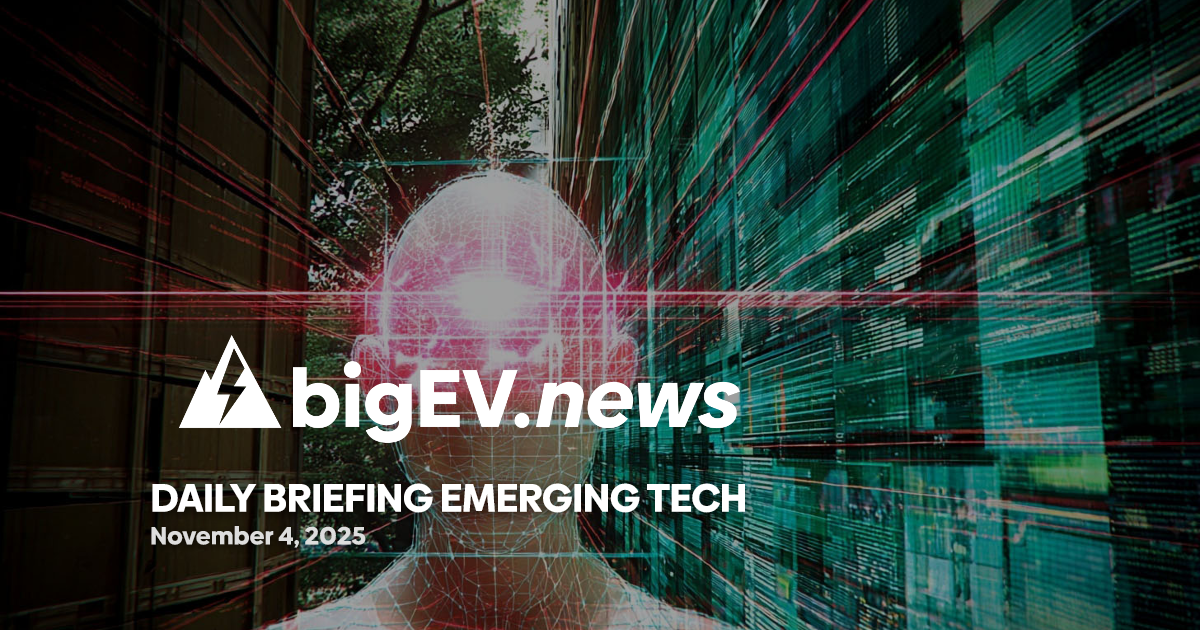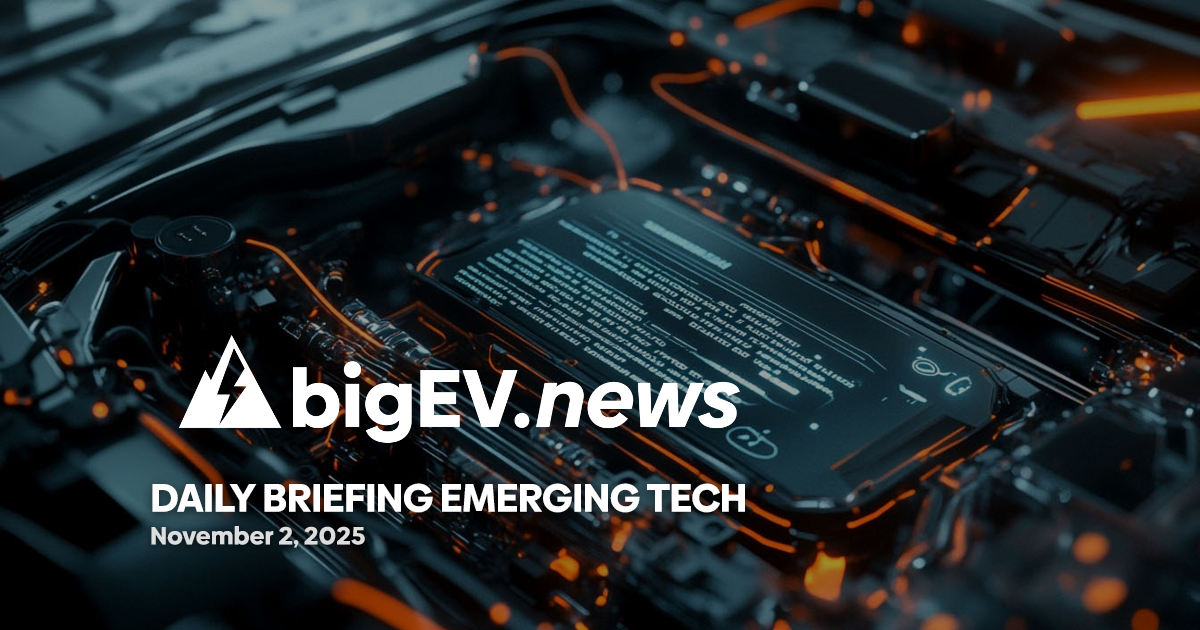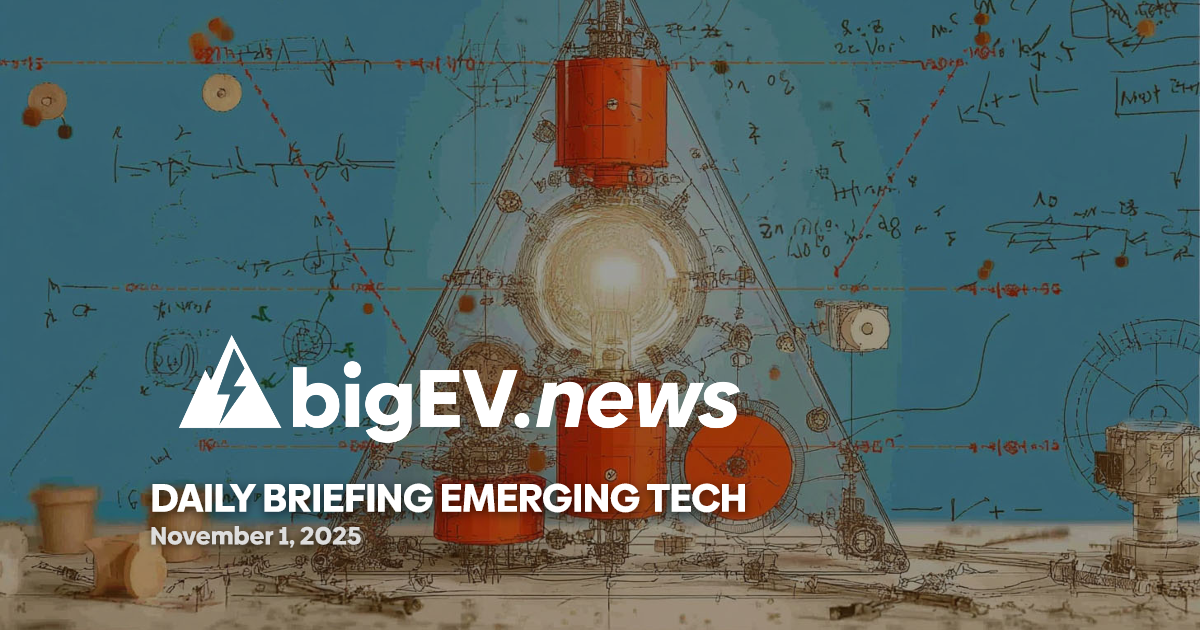From photonic AI chips to quantum-enabled biotech, today’s lab breakthroughs are accelerating the future of clean, electrified, and intelligent industries.
At a glance – The last 24 hours have seen a surge in deep tech breakthroughs with the potential to redefine clean and electrified industries. Researchers at the University of Shanghai for Science and Technology have unveiled an ultra-compact photonic AI chip, smaller than a grain of sand, that leverages light for computation. This innovation eliminates electronic bottlenecks and drastically reduces energy consumption, promising to revolutionize edge computing for applications in autonomous vehicles and next-generation smartphones. Meanwhile, AI-driven lab automation is accelerating the discovery of new materials, with self-running facilities now identifying advanced catalysts for hydrogen fuel production at speeds ten times faster than traditional methods. These advances are not only slashing research timelines but also democratizing access to clean energy by reducing reliance on rare and expensive metals.
Technology advance – In a major leap for AI hardware, Chinese firm DeepSeek has announced the successful training of its R1 model, a large language model that matches Western performance benchmarks at just 30% of the typical U.S. training cost. This efficiency is attributed to custom hardware and proprietary optimization, positioning DeepSeek as a formidable competitor to OpenAI and Anthropic. The R1 model is set for global commercialization, targeting enterprise and academic markets, and is expected to catalyze a new wave of AI-powered applications in clean tech, materials science, and energy management. In parallel, researchers have developed a transformer-based AI model, Delphi-2M, capable of predicting the progression of over 1,200 diseases across decades, enabling more precise healthcare planning and synthetic health data generation for research without compromising privacy.
Partnerships – A new wave of interdisciplinary collaborations is fueling rapid progress in regenerative medicine and quantum sensing. At Rice University, bioengineers have engineered custom sense-and-respond circuits in human cells, creating adaptive therapies that can react to infections in real time. These synthetic biology breakthroughs are the result of partnerships between academic labs and biotech startups, aiming to commercialize programmable cell therapies for autoimmune diseases and personalized medicine. In the materials domain, AI-led consortia are leveraging nanoparticle “megalibraries” to discover cost-effective catalysts for hydrogen production, with industry partners preparing to scale these findings for industrial deployment.
Acquisitions/expansions – The competitive landscape in AI infrastructure is shifting rapidly as Huawei launches a new suite of AI chipsets and cloud services, designed to fill the void left by U.S. export restrictions on Nvidia. Huawei’s expansion is part of China’s broader strategy to achieve self-reliance in AI and advanced computing, with the new products targeting both domestic and international markets. Meanwhile, the medical imaging sector is seeing rapid expansion, with firms like Esaote preparing to debut AI-powered cardiac ultrasound systems at the upcoming European Society of Cardiology conference. These systems promise to enhance diagnostic precision and workflow efficiency, further integrating AI into clinical practice.
Regulatory/policy – The acceleration of deep tech innovation is prompting urgent regulatory responses. With the rise of AI-driven lab automation and genetic editing, ethical concerns around surveillance, data privacy, and unintended consequences are intensifying. Regulatory bodies are working to update frameworks for AI deployment in sensitive sectors such as healthcare and autonomous systems. The United Nations’ declaration of 2025 as the International Year of Quantum Science is amplifying global focus on quantum technologies, with new guidelines expected for their safe and equitable adoption. Authors and thought leaders are also weighing in, urging caution and robust oversight as science fiction scenarios increasingly become reality.
Finance/business – The financial implications of these breakthroughs are significant. Venture capital is flowing into photonics, quantum biotech, and AI infrastructure startups, with investors eyeing transformative returns as these technologies move from lab to market. Companies like DeepSeek and Huawei are attracting global attention for their cost-effective, high-performance AI solutions, while medical device firms are expanding their portfolios with AI-enhanced imaging products. Industry analysts predict that the convergence of photonic computing, quantum sensing, and AI-driven materials discovery will unlock new markets and redefine competitive dynamics across clean energy, healthcare, and advanced manufacturing.
Sources: webpronews, crescendo.ai, Science News, Wikipedia, OncoDaily, TechCrunch









